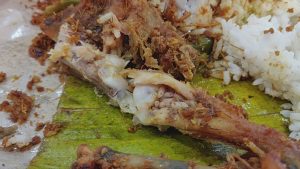Farmers in Europe’s largest economy Germany and in other EU countries are worried about their harvests as labourers from Ukraine stay home to fight Vladimir Putin’s forces.
Romania is also calling up its reservists to work its borders, further depleting the EU of foreign seasonal workers, who largely come from countries now hosting millions of Ukrainian refugees.
Foreign seasonal workers reportedly account for approximately 95 per cent of all workers needed to pick crops such as asparagus or strawberries in Germany, which is by far Europe’s largest economy, worth over EUR 3.3 trillion (GBP 2.75 trillion) compared to the UK’s and France’s EUR 2.2 trillion each (GBP 1.84 trillion) in 2020 (the latest available data, published in March this year by the European Commission).
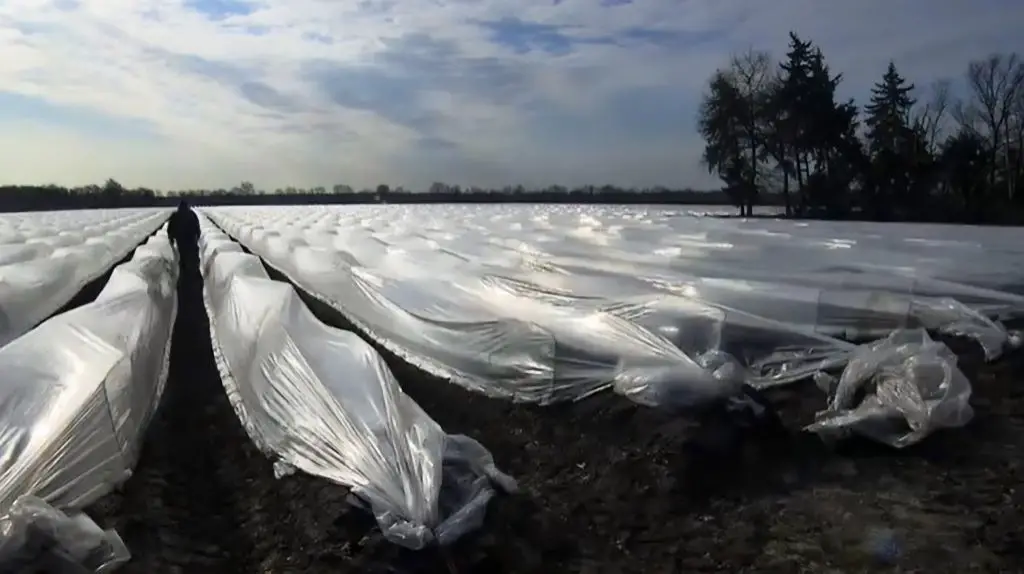
Putin’s war in Ukraine is also causing uncertainty among farmers in many regions like Saxony-Anhalt, in east-central Germany, known for having the highest number of UNESCO World Heritage sites in the country, with a spokesperson for the Saxony-Anhalt Farmers’ Association reportedly warning that the war in Europe is making it difficult to know if enough seasonal workers want to and are able to work in Germany.
The Magdeburg Ministry of Agriculture also weighed in, saying: “It is to be expected that the need for harvest helpers will be comparable to previous years.”
The situation is similar in the neighbouring German state of Brandenburg, known for its beautifully preserved nature and wildlife and its ambitious natural protection policies. The agricultural industry there was already reportedly upset due to the ongoing coronavirus pandemic.
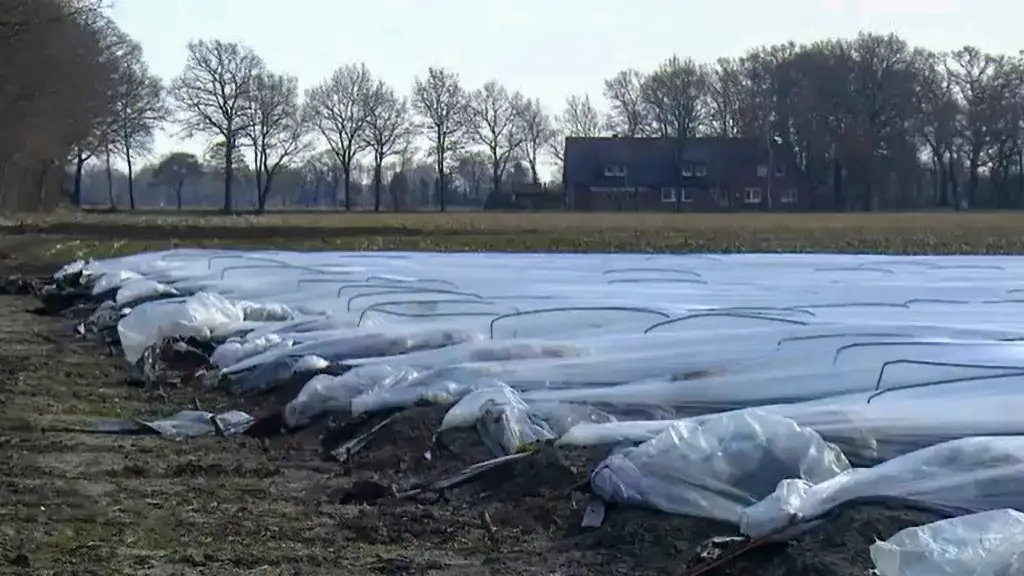
Andreas Jende, Managing Director of the Berlin-Brandenburg Horticultural Association, said: “The situation can change on a daily basis.” Brandenburg reportedly relies on up to 17,000 seasonal workers from spring to late autumn to pick vegetables and fruit on its farms.
According to the German Association of Agricultural Employers, around 65 per cent come from Romania, 30 per cent from Poland and the rest from other Eastern European countries.
Ukrainian students from the University of Kyiv, the Ukrainian capital, usually come to pick fruit and vegetables in Brandenburg, but this year it is unclear how many will be able to show up.
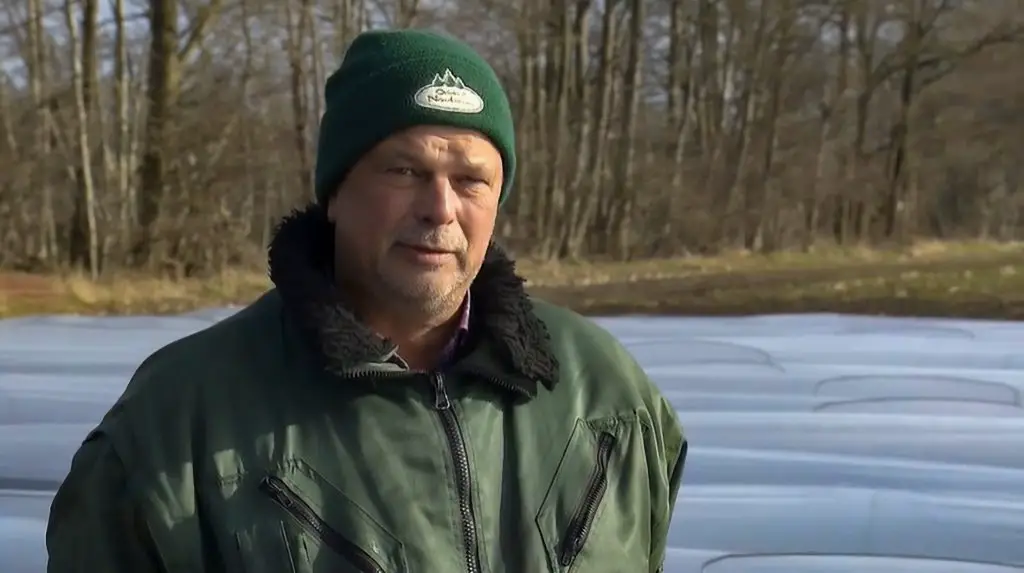
The situation is similar with Romanian seasonal workers, as reservists are not allowed to leave the country, with the Romanian government deploying them domestically to its borders as the humanitarian crisis escalates.
Asparagus and berry growers in Lower Saxony too are concerned about the lack of Ukrainian seasonal workers. Every year, about 80,000 seasonal workers, the vast majority of them foreigners, travel to Lower Saxony, known for its high-class cuisine and local delicacies, to help in the fields, which this year are expected to yield good quantities of produce due to fair weather.
Fred Eickhorst, Managing Director and Board Spokesperson of the Association of Asparagus and Berry Growers in Lower Saxony, said that this, combined with an increase in the minimum wage, could increase production costs for asparagus and berries by at least EUR 1 (GBP 0.83) per kilogramme (2.2 lbs).
And Jende said that a 20-per-cent rise in the statutory minimum wage is taking place this year. The minimum wage in Germany has been EUR 9.82 (GBP 8.20) per hour since 1st January this year (up from EUR 9.50 [GBP 7.93] in 2021).
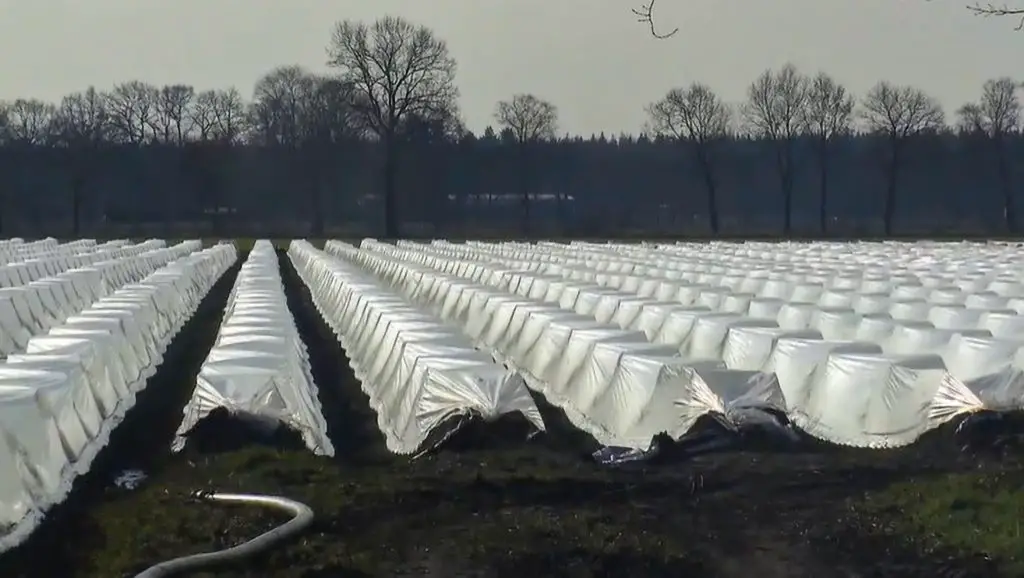
And on 1st July, it is going to increase further to EUR 10.45 (GBP 8.72). According to a draft law, a further increase to EUR 12 (GBP 10.02) per hour from 1st October is also planned.
At a time when most consumers in the West are feeling the pinch due to rising costs in numerous sectors, Eickhorst said: “If you continue to buy good products, you will also have to spend more.”
The industry in Lower Saxony can also usually rely on about 7,000 Ukrainian students to pick berries, but Eickhorst is sceptical as to whether Ukrainian men will be willing to or able to show up for this season’s harvest.
The situation is similar in neighbouring, neutral Austria, which is not part of NATO, because Ukrainian men have to carry out military service in their homeland as a result of Putin’s invasion and they will therefore not be available to pick asparagus in Austria.
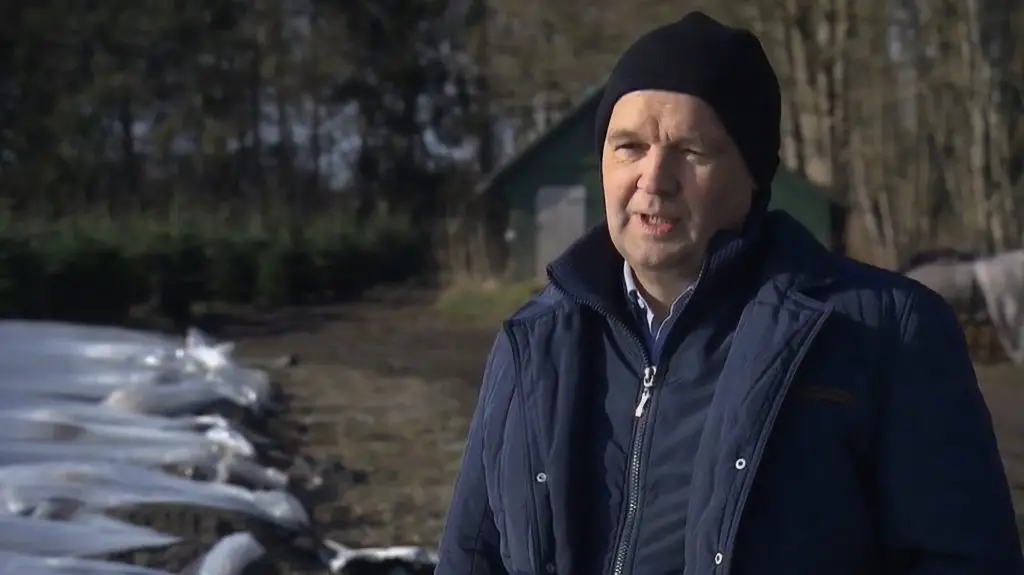
Werner Magoschitz, age not reported, Chairman of the Marchfeld asparagus farmers, said that some women had already contacted him to say that they would not be coming, and there is a concern that there will not be enough workers, with 15 per cent of the seasonal labourers coming from Ukraine.
But the Chairman of the Marchfeld asparagus farmers, Marchfeld being located just outside the Austrian capital Vienna, added that some other women had been in touch, saying: “Even if it is difficult for these women to leave their husbands behind in the war, they find security, work and accommodation with us.”
Magoschitz said: “Even if it is difficult for these women to leave their husbands behind in the war, they find security, work and accommodation with us.”
Magoschitz added that it remains to be seen if the lack of seasonal workers due to Putin’s war in Ukraine will affect strawberries as well as other vegetable farmers more generally over the next few months.
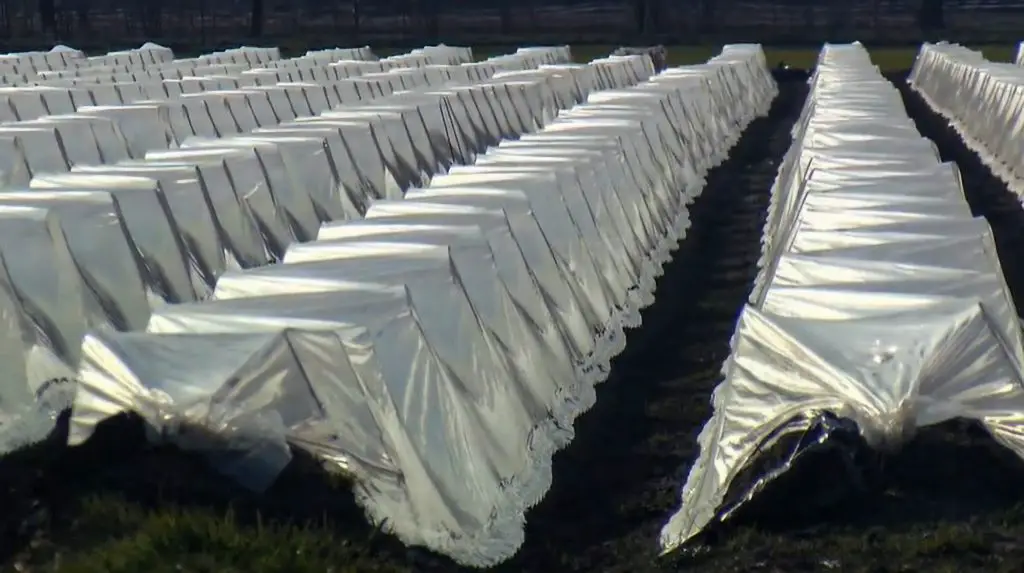
The farming industry also reportedly relies heavily on staff from Poland, Slovakia and Romania, which are all countries hosting large numbers of refugees who have fled Putin’s bombs.
The Ukrainian government has ordered all able men from 18 to 60 to remain in the country and take up arms against the Russian invaders shortly after Russian forces crossed into sovereign Ukrainian territory on Thursday, 24 February.



